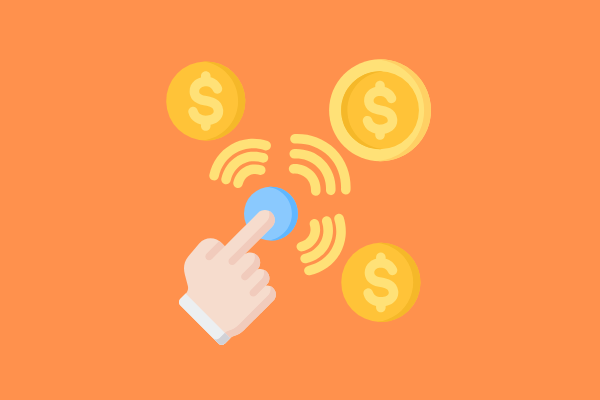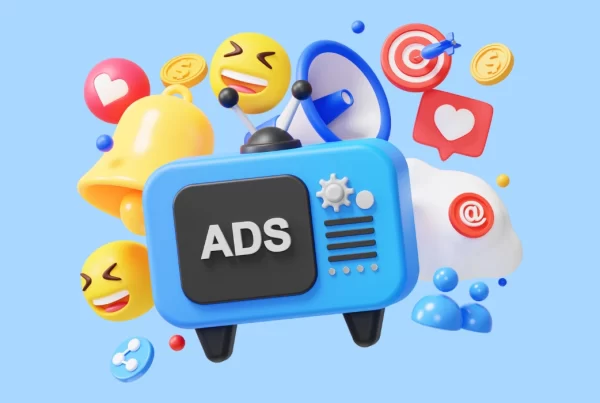Last Updated on 1 year ago by
In the rapidly evolving world of online advertising, mastering digital media buying is crucial for advertisers looking to maximize their reach and return on investment (ROI). Partnering with a performance marketing agency can help streamline this process, ensuring that your media buying strategies are both effective and efficient. This article will explore key techniques and best practices for digital media buying, providing insights into how advertisers can optimize their campaigns for better results.
Understanding Digital Media Buying
Digital media buying involves purchasing ad placements on various digital platforms to reach a specific audience. This process includes selecting the right channels, negotiating prices, and optimizing ad placements to achieve the highest possible ROI. The goal is to ensure that your ads are seen by the right people at the right time, driving engagement and conversions.
Key Techniques for Effective Digital Media Buying
There are several techniques that advertisers can employ to enhance their ad efforts. These techniques focus on targeting, optimization, and measurement to ensure that ad spend is used effectively.
Audience Targeting
 Audience targeting is the cornerstone of any successful digital media buying strategy. By identifying and segmenting your target audience based on demographics, interests, and behaviors, you can ensure that your ads are shown to those most likely to be interested in your products or services. Tools such as Google Analytics and Facebook Insights can provide valuable data for precise audience targeting.
Audience targeting is the cornerstone of any successful digital media buying strategy. By identifying and segmenting your target audience based on demographics, interests, and behaviors, you can ensure that your ads are shown to those most likely to be interested in your products or services. Tools such as Google Analytics and Facebook Insights can provide valuable data for precise audience targeting.
Programmatic Advertising
Programmatic advertising uses automated technology to buy and place ads in real-time. This method leverages algorithms and data analytics to optimize ad placements, ensuring that your ads are delivered to the right audience at the right time. Programmatic advertising can significantly improve efficiency and effectiveness, reducing wasted ad spend and increasing ROI.
Optimizing Your Ad Placements
Optimization is key to maximizing the impact of your ad efforts. This involves continually analyzing and adjusting your campaigns to improve performance.
A/B Testing
A/B testing, also known as split testing, is a method used to compare two versions of an ad to determine which one performs better. By testing different elements such as headlines, images, and calls-to-action, advertisers can identify the most effective combinations and optimize their campaigns accordingly.
Retargeting
 Retargeting is a technique that involves showing ads to users who have previously visited your website or engaged with your brand. This method helps to re-engage potential customers and encourage them to complete a desired action, such as making a purchase or signing up for a newsletter. Retargeting can significantly improve conversion rates and ROI.
Retargeting is a technique that involves showing ads to users who have previously visited your website or engaged with your brand. This method helps to re-engage potential customers and encourage them to complete a desired action, such as making a purchase or signing up for a newsletter. Retargeting can significantly improve conversion rates and ROI.
Measuring and Analyzing Campaign Performance
Accurate measurement and analysis are essential for understanding the effectiveness of your ad efforts. By tracking key performance indicators (KPIs), you can make data-driven decisions to optimize your campaigns.
CPC (Cost Per Click)
CPC (Cost Per Click) is a common metric used to measure the cost-effectiveness of your digital media buying campaigns. This metric indicates how much you pay each time someone clicks on your ad. By monitoring CPC, you can determine the efficiency of your ad placements and make necessary adjustments to improve performance.
Conversion Tracking
Conversion tracking allows you to measure the number of users who complete a desired action after clicking on your ad. This could include making a purchase, filling out a contact form, or signing up for a newsletter. By tracking conversions, you can assess the overall effectiveness of your campaigns and identify areas for improvement.
Leveraging Advanced Digital Media Buying Strategies
 To stay ahead of the competition, advertisers should consider incorporating advanced strategies into their ad efforts. These strategies focus on innovation and leveraging new technologies to enhance campaign performance.
To stay ahead of the competition, advertisers should consider incorporating advanced strategies into their ad efforts. These strategies focus on innovation and leveraging new technologies to enhance campaign performance.
Data-Driven Insights
Using data-driven insights can help advertisers make informed decisions about their ad strategies. By analyzing data from various sources, such as website analytics, social media metrics, and customer feedback, advertisers can identify trends and patterns that can inform their ad placements and targeting.
Cross-Channel Integration
Integrating your ad efforts across multiple channels can create a cohesive and comprehensive advertising strategy. By coordinating your campaigns across platforms such as social media, search engines, and display networks, you can ensure a consistent brand message and maximize your reach.
Best Practices for Digital Media Buying
 Adhering to best practices can help advertisers optimize their digital media buying efforts and achieve better results. These practices focus on strategy, execution, and continuous improvement.
Adhering to best practices can help advertisers optimize their digital media buying efforts and achieve better results. These practices focus on strategy, execution, and continuous improvement.
Set Clear Objectives
Setting clear objectives is essential for guiding your digital media buying strategy. Whether your goal is to increase brand awareness, drive website traffic, or boost sales, having specific and measurable objectives can help you stay focused and evaluate your campaign’s success.
Monitor and Adjust Campaigns
Continuous monitoring and adjustment are crucial for optimizing your digital media buying efforts. By regularly reviewing your campaign performance and making data-driven adjustments, you can ensure that your ads remain effective and that your budget is used efficiently.
Effective digital media buying is a dynamic and complex process that requires a strategic approach and continuous optimization. By employing techniques such as audience targeting, programmatic advertising, and A/B testing, advertisers can enhance their campaigns and achieve better results. Accurate measurement and analysis are essential for understanding the impact of your efforts and making data-driven decisions. Advanced strategies, such as data-driven insights and cross-channel integration, can further enhance your efforts.
Partnering with a performance marketing agency can provide the expertise and resources needed to navigate the complexities of digital media buying. By staying informed about the latest trends and best practices, advertisers can optimize their campaigns for maximum impact and ROI. As the digital landscape continues to evolve, leveraging innovative strategies and technologies will be key to staying competitive. For businesses looking to expand their reach and influence, collaborating with an influencer marketing agency can also provide valuable opportunities to connect with target audiences in new and engaging ways.












